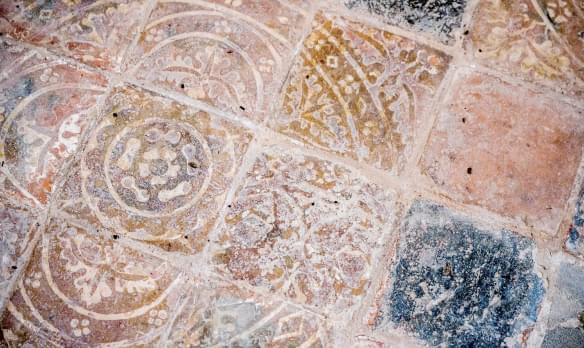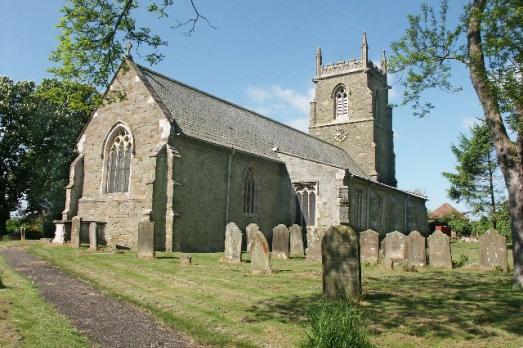
All Saints
Horsington, Lincolnshire | LN10 5EX
The inside arcades are 13th century and both are of four bays with low double chamfered arches.
Search for a fascinating place to visit, or see the variety of churches, chapels and meeting houses we have supported.

Horsington, Lincolnshire | LN10 5EX
The inside arcades are 13th century and both are of four bays with low double chamfered arches.

Ruckland, Lincolnshire | LN11 8RQ
Said to be the smallest church in Lincolnshire and the only one dedicated to St. Olave, a Norwegian royal prince and the son of King Herald and Queen Aasta.

Dale Abbey, Derbyshire | DE7 4PN
At the far end of a rural village street, and feeling a very long way from the industrial estates only a few miles away, Dale Abbey is one of England's most idiosyncratic churches.

Wollaton, Nottinghamshire | NG8 1GR
Close to Wollaton Hall and provides a welcoming place for worship and as well as a range of community activities for people in the area.
We have supported this church

Cumbernauld, Strathclyde | G67 2JQ
Regarded as being amongst the most notable post war churches in the UK.

Lenten Pool, Denbighshire | LL16 3HF
A remarkable building with wonderful stained glass depicting many events in the life of Christ.

West Ashby, Lincolnshire | LN9 5PU
Although it displays a variety of styles and periods, All Saints is primarily 15th century and built in the main from local greenstone.

Wollaton, Nottinghamshire | NG8 2AF
St Leonard, now embedded in the suburbs of Nottingham, is a medieval church which has adapted to the needs of each generation.

Auchincruive, Strathclyde | KA6 5HJ
We have supported this church

Derby, Derbyshire | DE1 3AU
Augustus Welby Northmore Pugin was one of 19th century England's foremost architects, a proponent of Gothic Revival, and the mastermind behind the Houses of Parliament in London.

Theddlethorpe, Lincolnshire | LN12 1NS
The greatest treasure in this church is the stone reredos in the east wall of the north aisle.

Derby, Derbyshire | DE1 3AT
Dating largely from the 14th century, this little chapel originally stood on the first arch of a medieval bridge over the Derwent; the springing of the arch can still be seen below the east wall.